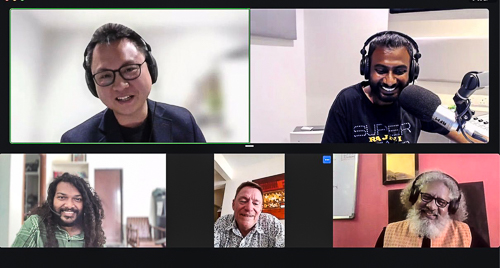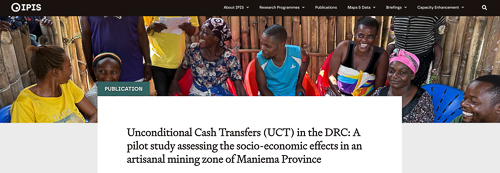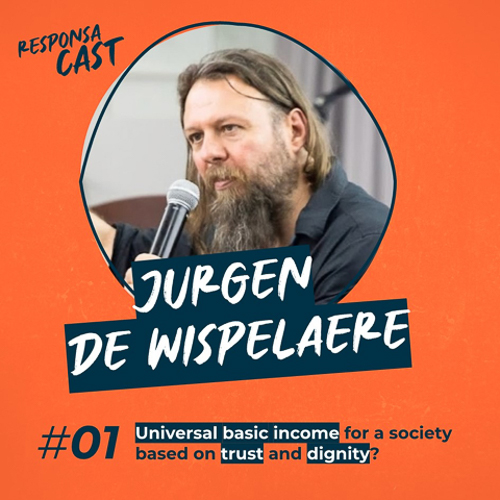
by Peter Knight | Nov 10, 2024 | News
UBI4ALL, a pioneering organization committed to advancing the concept of Unconditional Basic Income (UBI) worldwide, is excited to announce its 7th Basic Income raffle.
On November 24, 2024, UBI4ALL will award a life-changing €9,600 per year (€800 per month) to a lucky winner, expanding its reach beyond borders to empower individuals with financial stability. With this global expansion, UBI4ALL looks forward to announcing even more exciting developments in its upcoming LIVE raffle.
To read the press release, click here.

by Peter Knight | Nov 8, 2024 | News
UBI in the Heartlands of Neoliberalism published by openDemocracy
Part 1 | Getting on with it
Part 2 | Widening the politically possible
Part 3 | Getting the policy mix right

by Peter Knight | Nov 8, 2024 | News
Dr. Sarath Davala, Lee Seng Kiat, Prof. Geoffrey and John Michael, Asia-Pacific Hub Manager for BIEN, have joined a Radio show to discuss ‘Can Malaysia implement a UBI’ in the show called Beyond the Ballot Box by Journalist Dashran Yohan.
To listen to the podcast, click here.
To view an infographic on “Basic Income Malaysia: What for”, click here.

by Peter Knight | Oct 18, 2024 | News
“Building on previous experience in Uganda, the Belgian organisation Eight World vzw started in October 2021, an Unconditional Cash Transfer (UCT) pilot project in a village in an artisanal mining zone in the territory of Pangi, in Maniema province, in the eastern Democratic Republic of Congo (DRC). Eight World transfers cash directly to individual beneficiaries via a mobile money system. Each adult living in the UCT village received 20 USD per month via her/his phone, for two years, and each child in the village received monthly 10 USD during the same period. The beneficiaries were free to decide how to spend the money, not constrained by pre-specified requirements.”
To read the report, click here.

by Peter Knight | Oct 16, 2024 | News
In the first first episode of Responsa Cast, the host, Paulo Sodré, is joined by Jurgen De Wispelaere, a Belgian political theorist turned public policy scholar, specializing in the political economy of UBI. He’s a Visiting Fellow at the University of Bath (UK) and the Research Coordinator of the Basic Income Earth Network (BIEN). Jurgen is deeply involved in UBI research, including initiatives in Brazil, and has published extensively on the subject. He also leads the UBIdata project. But most importantly, he brings a unique blend of insight and humor to the conversation, making complex topics not just understandable but truly fascinating – as you will soon find out!
In this episode, we dive into:
• What UBI really means and the debates around its impacts,
• Jurgen’s journey into the world of UBI and how his views have evolved over time,
• Real-world UBI initiatives, like the case of Maricá, in Brazil.
Listen to the podcast at Spotify & Apple Podcasts






